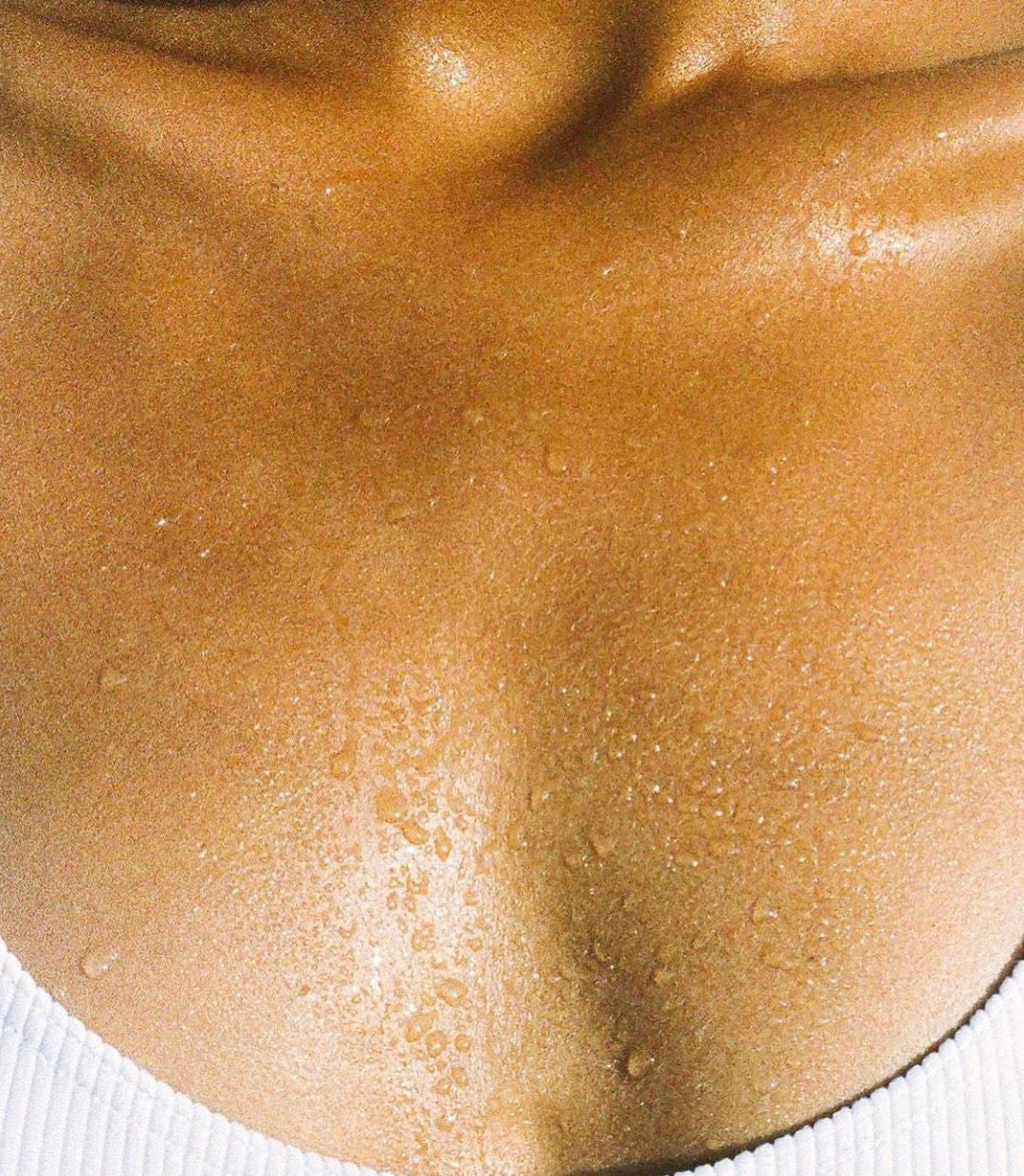Straight Facts on Sweating

Some people train by the principle that if you don't sweat, your workout doesn't count. Others try to avoid sweating out of fear of being judged, and some even resort to methods like botox injections to stop it happening.
But does how much you sweat really determine how effective your workout was?
There's a lot of myths and misconceptions about sweat and the factors that affect how much or how little you sweat, so let's get into some straight facts on sweating.
The first thing we want to make clear, is that sweating is completely normal and is nothing to be ashamed about.
Sweating is essentially your body’s natural way of cooling itself down. We start sweating through our glands whenever the body’s core temperature rises. When the sweat droplets are evaporated into the air it creates a cooling effect for our skin and body.
If we didn’t sweat when we exercise we would very quickly overheat, so know that sweating is necessary.
However, every single person sweats differently, and there are a number of variables that determine your body's sweat response. It's why you and your friend could be completing the exact same workout in identical conditions in the same gym, but might be sweating at a completely different rate.
It's not an indication that one has worked harder or burned more calories, it ultimately comes down to your genes and a number of factors such as:
- Your body composition - the greater the body mass is, the more effort is needed to reduce the temperature, which results in more sweating. Muscle mass also increases heat production, which means a higher sweat rate.
- Your age - we tend to become less efficient with regulating our temperature as we get older, so you're likely to sweat less as you age.
- Hormonal fluctuations - throughout your menstrual cycle, subtle changes in your core body temperature may affect how much you sweat. This is just one example of how hormonal changes can affect your sweat production.
- Your fitness level - the fitter you become, it's likely you'll start sweating sooner during exercise as your body has become more efficient in cooling down and regulating its temperature.
Other external factors will also affect how much you sweat in a situation, such as the temperature and humidity, and your hydration levels. If you're dehydrated your body will do what it can to prevent water loss and limit sweating. Whether you're sweating a lot or not, make sure you stay hydrated and drink plenty of water before and after your workouts.
Sweating is not an indicator of fat loss or the amount of calories you've burned. After a sweaty session you might notice a weight drop on the scales, but that's likely due to water loss which will be replaced once you've replenished your fluids.
Unfortunately you'll still find fad products like waist trainer belts to encourage sweating being promoted for fat loss, or come across bad advice like wrapping your stomach in plastic.
But the truth is, that “sweating the fat out” is no more than a myth, and artificially increasing your sweat rate can actually be quite dangerous, resulting in dehydration, dizziness and weakness.
Coach Rachel Dillon's take on sweating is that, "you're damned if you do, damned if you don’t. The issue isn’t in the act, but the opinions of others and the standards we set ourselves.
What we don’t realise is that the constant judgement we put on others, we are also unintentionally putting on ourselves. We are setting a standard of what’s ‘acceptable’ and ‘attractive’ and then placing unnecessary pressure on ourselves to live up to it".
So don't sweat the small stuff. Every human sweats, it's a completely natural function and it's nothing to be ashamed of or worried about if you do, or don't tend to sweat during exercise.
Don’t let misconceptions, fear of judgement, or unrealistic expectations stop you from training hard and giving it your all. Instead, embrace your own unique journey and all the struggles, challenges and sweat that comes with it.
All in all, don't measure the effectiveness of your workouts by how much you've sweat. Measure it by your efforts and how it made you feel.
If you're ready to sweat, head to the Move With Us App to explore hundreds of workouts to get you moving today.






